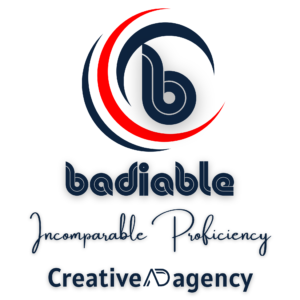3D printing, also known as additive manufacturing, is revolutionizing product design across the globe, and India is no exception. In regions like Bangalore, a hub of innovation, and across the diverse districts of Karnataka, this technology is transforming how products are conceptualized, prototyped, and brought to market. From rapid prototyping to custom manufacturing, 3D printing is opening new avenues for designers and manufacturers in India, making it a game-changer in the product design landscape.
The Evolution of 3D Printing in India
3D printing technology has evolved significantly since its inception, and India has quickly embraced this innovation. Bangalore, with its thriving tech industry, has emerged as a key player in the adoption of 3D printing. The technology is now being utilized not only by large corporations but also by startups and educational institutions, driving a new wave of product design that is both cost-effective and highly customizable.
- Rapid Prototyping in Bangalore: One of the most significant impacts of 3D printing on product design is in the realm of rapid prototyping. In Bangalore, product designers are leveraging 3D printing to quickly create prototypes, allowing them to test and refine their designs before moving to mass production. This not only speeds up the design process but also reduces costs, making it easier for startups and small businesses to innovate and compete in the market.
- Customization and Personalization: 3D printing is also enabling a high degree of customization in product design. In Karnataka, this is particularly relevant in industries such as healthcare, where custom prosthetics and implants can be designed and produced quickly and efficiently. Additionally, consumer products such as jewelry, fashion accessories, and even furniture are being personalized to meet individual customer preferences, offering a unique selling proposition for businesses in the region.
Revolutionizing Final Production
Beyond prototyping, 3D printing is beginning to make its mark on the final production process. This shift is particularly evident in Bangalore, where advanced manufacturing technologies are being integrated into traditional production lines. The ability to produce complex geometries, reduce material waste, and create lightweight structures is revolutionizing how products are made.
- Sustainability in Manufacturing: One of the key benefits of 3D printing in product design is its potential to reduce waste. Traditional manufacturing processes often result in significant material waste, but 3D printing uses only the material necessary to create the product, making it a more sustainable option. This is particularly important in Bangalore, where environmental concerns are driving the adoption of greener technologies across industries.
- Supply Chain Optimization: 3D printing also offers the potential to streamline supply chains by enabling on-demand production. This means that products can be manufactured closer to the point of consumption, reducing the need for large inventories and lowering transportation costs. In the diverse districts of Karnataka, where infrastructure can be a challenge, this ability to produce goods locally can be a significant advantage.
Applications of 3D Printing in India
The applications of 3D printing in product design are vast and varied. In Bangalore and the rest of Karnataka, the technology is being used in a wide range of industries, from aerospace and automotive to consumer goods and healthcare.
- Aerospace and Automotive: In the aerospace and automotive sectors, 3D printing is being used to create complex components that are both lightweight and durable. Companies in Bangalore are at the forefront of this innovation, using 3D printing to produce parts that would be difficult or impossible to create using traditional manufacturing methods.
- Consumer Goods: In the consumer goods sector, 3D printing is enabling the production of customized products, from personalized footwear to unique home decor items. This level of customization is particularly appealing to consumers in urban centers like Bangalore, where there is a growing demand for products that reflect individual tastes and preferences.
- Healthcare: In healthcare, 3D printing is revolutionizing the production of medical devices and implants. In Karnataka, hospitals and research institutions are using the technology to create custom prosthetics, dental implants, and even anatomical models for surgical planning. This ability to tailor products to the specific needs of patients is improving outcomes and reducing costs.
SEO Keywords for Google
To optimize this article for search engines, especially for audiences in Bangalore and the rest of Karnataka, the following SEO keywords and phrases can be incorporated:
- Bangalore 3D printing technology
- Karnataka product design
- 3D printing in Indian manufacturing
- Rapid prototyping Bangalore
- Customization in product design India
- 3D printing in Karnataka industries
- Sustainable manufacturing Bangalore
- On-demand production Karnataka
- 3D printing applications in India
- Innovation in product design Bangalore
Conclusion
3D printing is transforming product design in India, bringing about a new era of innovation, customization, and sustainability. In Bangalore and across Karnataka, this technology is enabling designers and manufacturers to create products that are not only cutting-edge but also tailored to the needs of individual customers and the environment.
As the adoption of 3D printing continues to grow, its impact on the product design process will only become more profound. For businesses in India, particularly in the bustling tech ecosystem of Bangalore, embracing 3D printing is not just an option—it’s a necessity for staying competitive in a rapidly changing market. By leveraging the power of 3D printing, Indian designers and manufacturers can lead the way in creating the products of the future.



